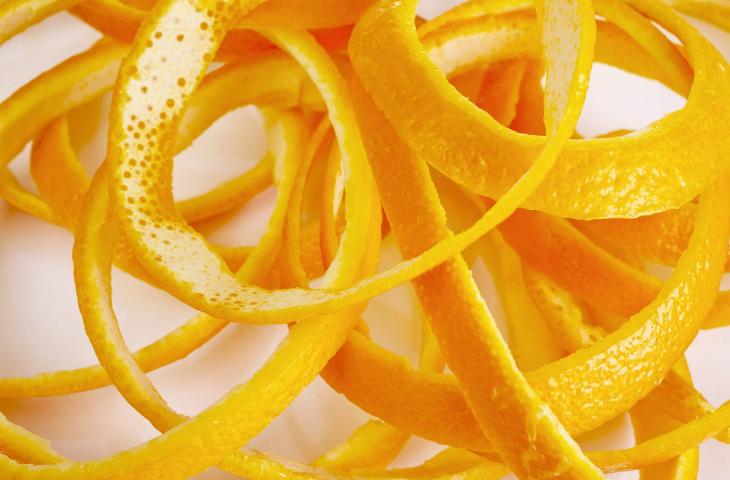MILAN - It could be an interesting discovery, destined to give a decisive contribution in the recovery of water. A team of researchers lead by Justin Chalker, Synthetic Chemistry lecturer of Flinders University in Adelaide, made use of his collaborations with the Centre for NanoScale Science and Technology of Tulsa University, with the Institute of Molecular Medicine of the Universities of Lisbon and Cambridge, and carried out a study of great significance, published in the journal Angewandte Chemie International Edition, demonstrating that, starting from waste products of the petroleum industry and of the citrus industry, it is possible to purify ocean waters and clean aqueducts.
The research
All revolved around the creation of a polymer that is able to eliminate mercury from waters and the soil. The compound, sulphur-limonene polysulphur, is entirely made from industrial waste products containing sulphur and limonene. The polymer created presents a double advantage: it is non-toxic and inexpensive. As stated above, it combines industrial sulphur and limonene. Both are easily obtainable: the first because petrol plants produces more than 70 million tons of sulphur every year, whilst the machineries that treat citrus fruits produce more than 70 million tons of limonene, which is found in orange peels.
Function and use of the polymer
Acting as an adhesive agent for mercury it prevents it from spreading. For example, for soil purification, the latter is washed with water, and soluble mercury is removed after having adhered to the polymer. The research team intends to use the polymer as a coating for tubes or water filters, in order to remove the mercury. For large scale operations, polymer beds could be devised to extract the mercury. Think about mercury polluting vast areas of seas and oceans.
by editorial staff











